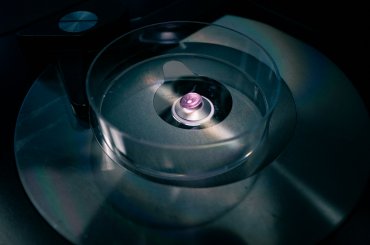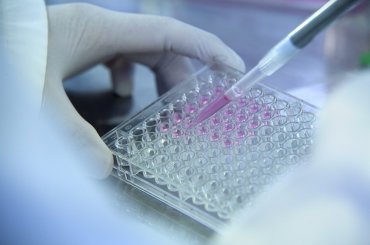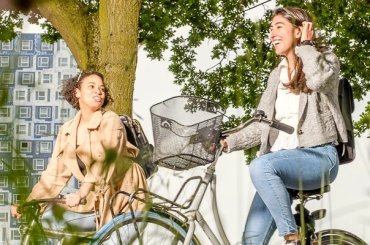Child Health
At Utrecht University, IRAS researchers are working together with world-leading scientists in order to improve children's health. Children growing up today will eventually shape our world in the near future, so we are investing in the future. But children are also a vulnerable group, and we as a society must ensure that they can grow up healthy.
Research projects

Momentum (Microplastics and Humans Health Consortium)
The aim of this consortium is to determine the effects of micro- and nanoplastic particles (MNPs) on human health and ultimately to prevent this. The MOMENTUM consortium builds upon the work of 15 breakthrough projects that started in the spring of 2019 within the ZonMw research programme Microplastics & Health.
Duration: 2020 - 2023
Coordinator: Juliette Legler
Project member UU: Roel Vermeulen
Funded by: ZonMw, TNO en Health~Holland
AURORA
AURORA will assess exposures to and health effects of micro- and nanoplastics (MNPs) during the critical period of early-life development and develop an actionable European Roadmap for early-life health Risk Assessment of micro- and nanoplastics.
Duration: 2021 - 2026
Coordinator: Roel Vermeulen
Project member UU: Juliette Legler
Funded by: European Union's Horizon 2020 research and innovation programme

GOLIATH
GOLIATH focusses on one of the most urgent regulatory needs in the field of endocrine disrupting chemicals, namely the lack of methods for testing EDCs that disrupt metabolism – chemicals collectively referred to as ‘metabolism disrupting chemicals’ (MDCs).
Duration: 2019 - 2023
Coordinator: Juliette Legler
Funded by: European Union’s Horizon 2020 research and innovation programme under grant agreement No 825489
MOBI-KIDS
Do communications technologies and environmental exposures affect the risk of brain tumours in young people? The overall objective of the MOBI-KIDS project is to assess the potential link between the risk of brain tumours and environmental risk factors, including use of communication devices. Experts from 16 European and non-European countries are involved in the study.
Project member: Hans Kromhout
Funded by: European Union (grant agreement FP7-ENV-2008-226873) and local and national funding sources.
Cohort studies

The PIAMA birth cohort study
The PIAMA-study is a large ongoing population-based birth cohort study with prenatal inclusion and follow-up until the current age of 23/24 years. The study was designed to investigate the influence of lifestyle and environment on the development of asthma, allergy and lung function.
Duration: 1995 - ongoing
Contact: Ulrike Gehring
YOUth
YOUth (Youth Of Utrecht) is a large-scale, longitudinal cohort following children in their development from pregnancy until early adulthood. A total of 5,000 babies and children from Utrecht and its surrounding areas will be included in two different age groups and followed at regular intervals.
Duration 2012 - ongoing
Contact: Chantal Kemner

